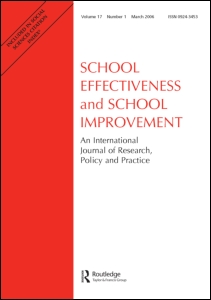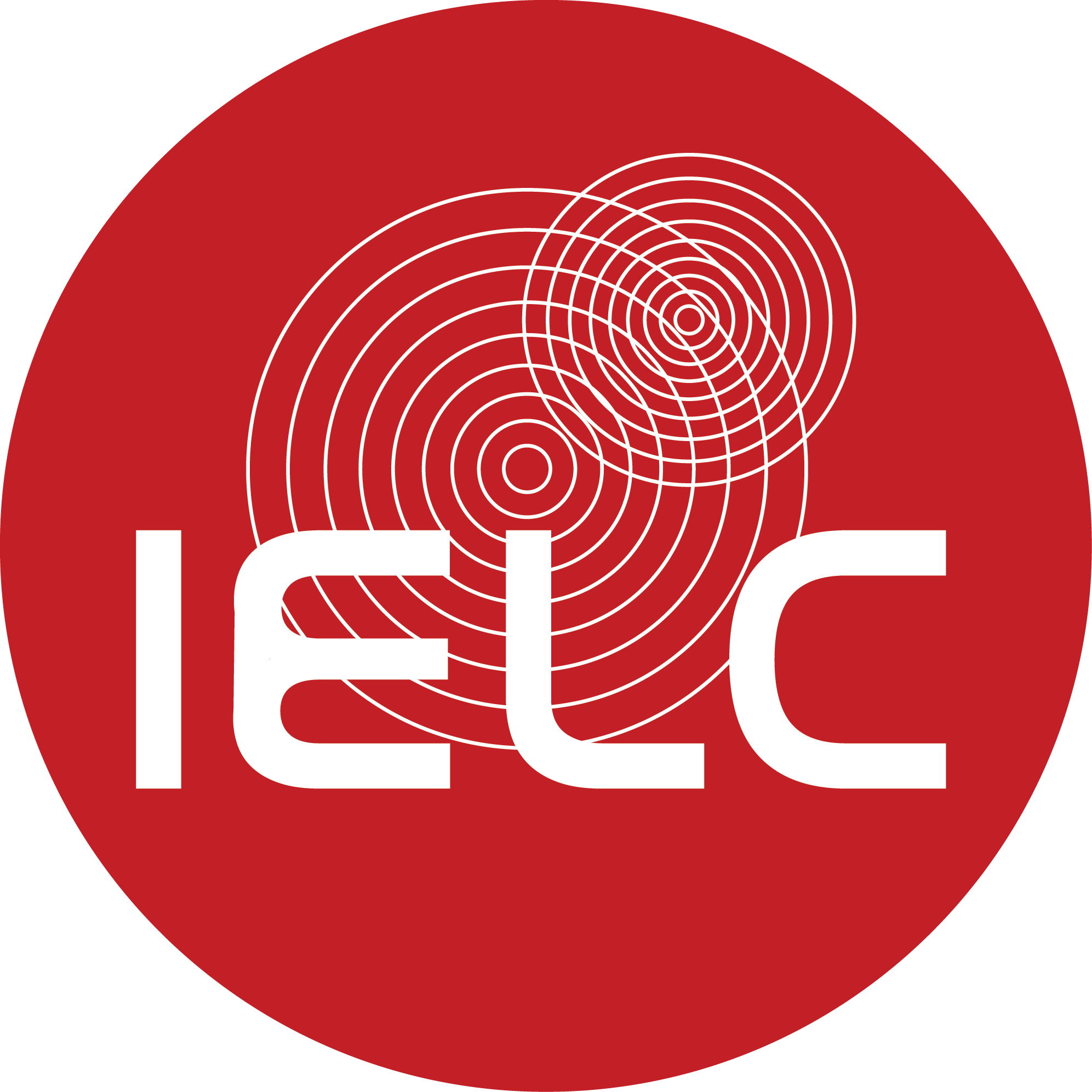| Special Journal Issues (2012) Papers From Asia Leadership Roundtable 2010 School Effectiveness and School Improvement
|
||||
|---|---|---|---|---|
Theme |
School Leadership that Makes a Difference: international perspectives This theme issue is drawn from a set of papers presented at the Asia Leadership Roundtable, held in Hong Kong in January 2010. The purpose of the Roundtable was to explore the state of the art in research on school leadership and change and to develop an agenda for accelerating the development of empirically-based knowledge in the Asia Pacific region. With this purpose in mind, leading scholars, selected both from the region and globally, presented papers that sought to map both existing knowledge in the field, unique challenges facing education in the region, and promising approaches to conceptualizing and carrying our empirical research. This special issue presents a subset of papers that describe promising approaches to conceptualizing and carrying our empirical research. While the papers were written with the Asia Leadership Roundtable in mind, the issues and recommendations addressed in the papers are not specific to the region but rather pertain to the development of the field globally. |
 |
||
Issue Objectives |
1. To examine state-of-the art approaches to conceptualizing the study of school leadership 2. To explore how new conceptions of leadership and change are impacting policy, research and practice 3. To examine how the cultural context of schools impacts leadership and school effectiveness 4. To identify state-of-the-art methods in the conduct of empirical research on key issues in school leadership and change |
|||
Issue Co-Editors |
 |
Professor Philip Hallinger TSDF Chair Professor of Leadership College of Management, Mahidol University Thailand Senior Research Fellow Asia Pacific Centre for Leadership and Change The Education University of Hong Kong China |
 |
Professor Stephan Huber Teacher Training University of Central Switzerland, Switzerland Senior Research Fellow Asia Pacific Centre for Leadership and Change The Education University of Hong Kong China |
| Contributors |
|
|||
|
||||
|
||||
|
||||
Education policies for greater accountability of schools assume that schools are capable of building their capacity for continuous improvement. While policymakers, scholars, and practitioners acknowledge the importance of building school-wide capacity for continuous improvement, empirical evidence to this effect remains thin. In this study, we examine the extent to which school improvement capacity develops over time in a sample of elementary schools in The Netherlands. Leadership practices, school organizational conditions, teacher motivation, and teacher learning were used to measure school-wide capacity for improvement. Mixed-model analysis of longitudinal data from 1,010 teachers of 32 Dutch elementary schools showed that schools are capable of building schoolwide capacity, and that sustaining a high level of capacity seemed to be more difficult. The findings suggest that improving leadership may be an important first step in the process of building school-wide capacity. |
||||
|
||||

